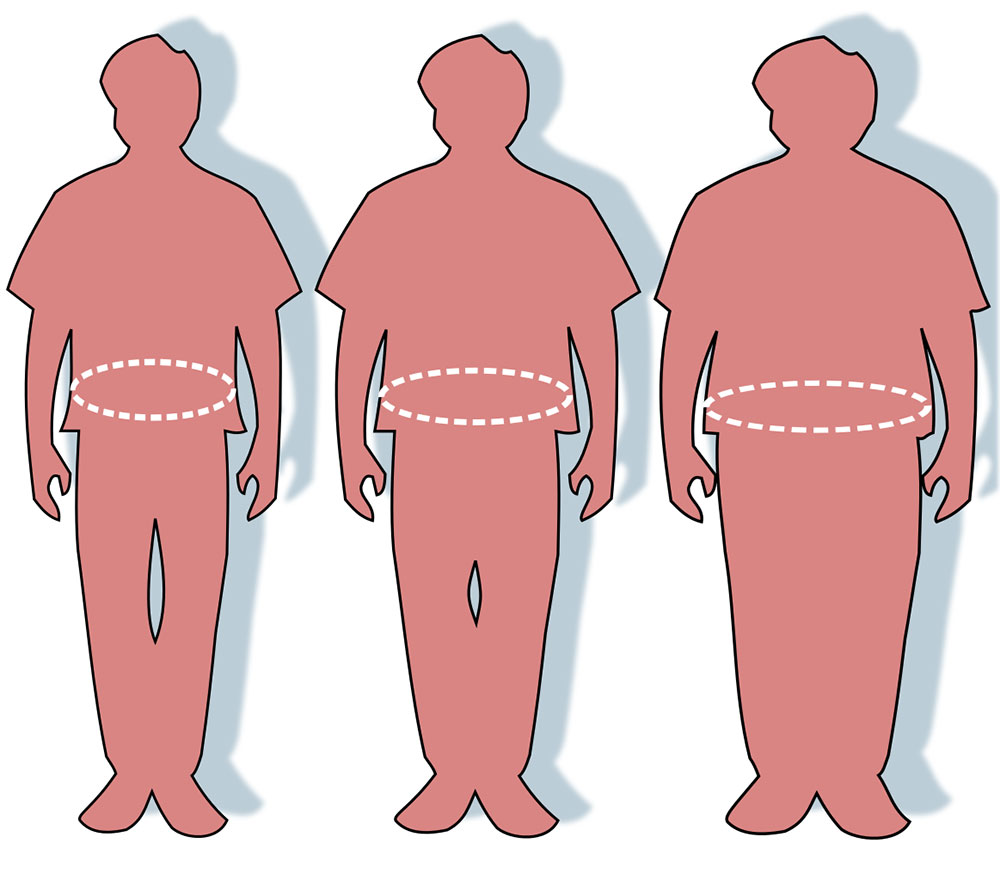Obesity linked with worse localized prostate cancer outcomes
Obesity linked with worse localized prostate cancer outcomes
29 May 2015An increasing body mass index (BMI) was associated with a higher rate of prostate cancer relapse, prostate cancer death, and death from any cause among men treated with dose-escalated intensity-modulated radiotherapy for localized prostate cancer, according to the results of a retrospective study by Fox Chase Cancer Center researchers.
“Based on this study, men with higher BMI have worse prostate cancer-specific outcomes, as well as an increased risk for dying from any cause compared to men with lower BMI when treated similarly,” said Lora S. Wang, MD, of the department of radiation oncology at Fox Chase.
Obesity and its effects on cancer treatment and outcomes should undergo further study to better elucidate the relationship.
Clinical outcomes linking obesity with cancer
In the study, Dr. Wang and colleagues identified 1,442 patients with localized prostate cancer treated at Fox Chase with definitive intensity-modulated radiation therapy and image-guided radiation therapy between 2001 and 2010.
The researchers then analyzed whether BMI had any effect on outcomes. The median age of patients was 68 years and the median radiation dose was 78 grey. In particular, the patients included in the study had the characteristics outlined below:
- About 20% of the included patients had a BMI of less than 25 kg/m2,
- 48% had a BMI of 25 to 29.9 kg/m2,
- 23% had a BMI of 30 to 34.9 kg/m2,
- 6% had a BMI of 35 to 39.9 kg/m2, and
- 4% had a BMI of 40 kg/m2 or greater.

Increasing BMI was found to be associated with a small but increased rate of prostate cancer relapse (3%) in men treated with external beam radiation therapy.
In addition, increasing BMI was also linked with small but significant increases in distant metastases (7%), prostate cancer-specific mortality (15%), and overall mortality (5%).
Obesity may lead to more aggressive cancer
According to Dr. Wang, the exact mechanism of this association is unclear, although studies have shown that obesity increases certain cellular factors and hormones, which in turn may lead to more aggressive cancer and rapid progression.
“All patients should be counseled on diet and exercise as well as any potential lifestyle changes to obtain or maintain a healthy weight,” Dr. Wang said.
Source: eCancer News